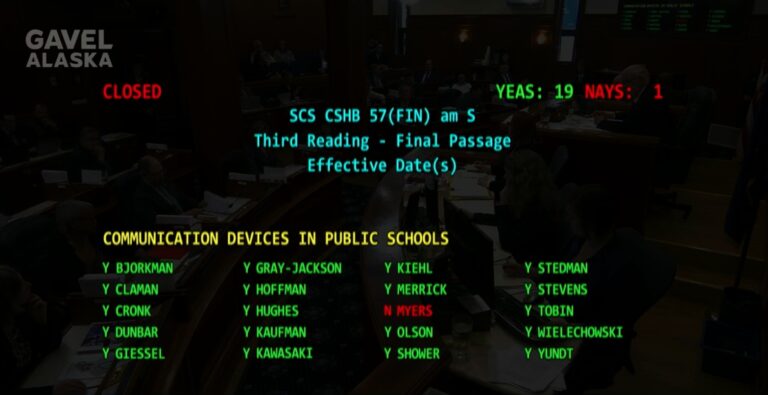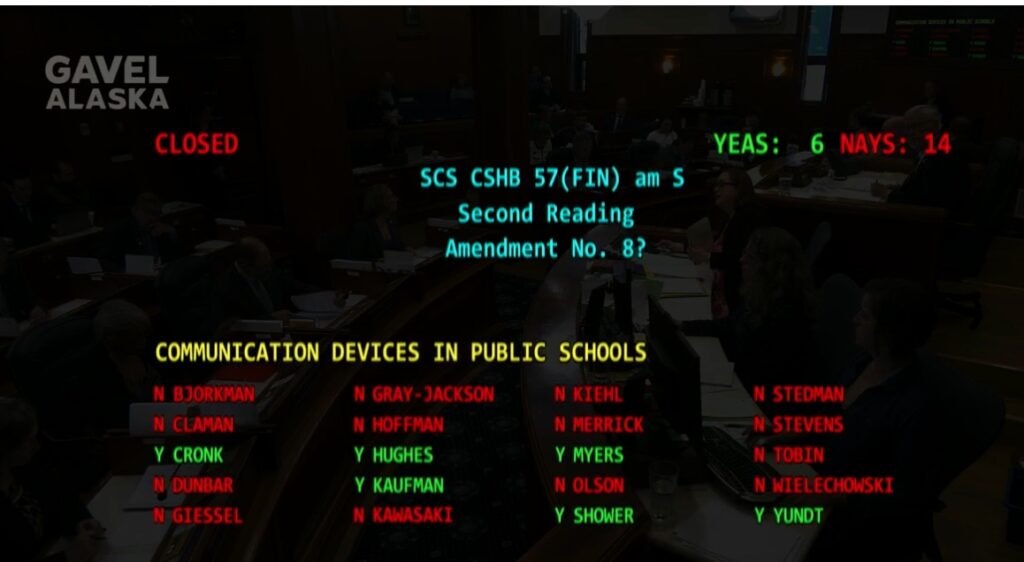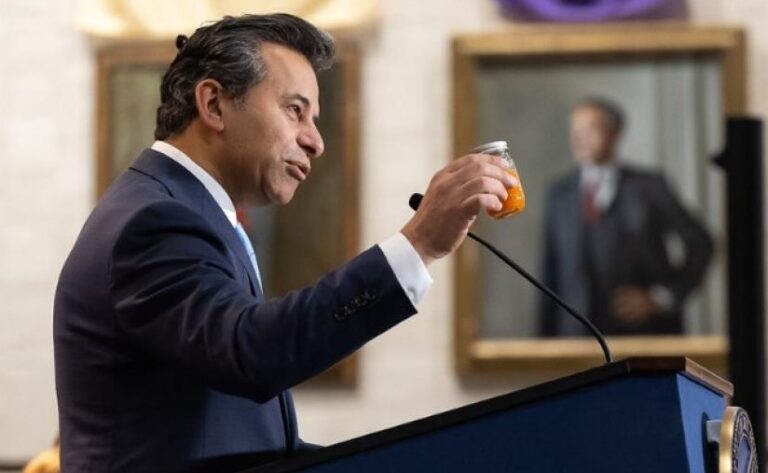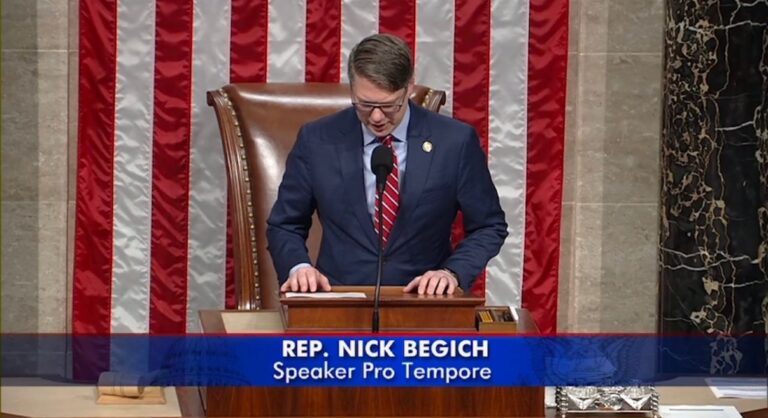By DAVID BOYLE
The state legislature is considering House Bill 57, a bill that raises the Base Student Allocation, restricts cell phone usage in schools, and tracks student graduates for 20 years following graduation. Here is the bill section on tracking students:
“The Department of Labor & Workforce Development shall (8) gather data on the progress of each high school graduating class in a district by collecting career, postsecondary education, and residency data on each student in the graduating class; the department shall gather the data required under this paragraph HB57 every five years for 20 years after the high school graduation date of each high school graduating class; the department shall publish a biennial report on the data gathered under this paragraph;”
Supposedly, the intent of tracking students until they are 38 years old is to determine if our K-12 education system is successful late in life. Are they employed? Are they on welfare? Are they elected officials? Are they employed by the government or private sector? Are they incarcerated? Are they still in Alaska? Are they lobbyists? Are they nonprofit CEOs?
How will they track these graduates? Will they implant chips in the students? Will they require the student graduates to inform the State of Alaska whenever they change jobs or move to another state?
This legislation would appear to fly in the face of the Alaska Constitution’s Right to Privacy clause. Alaska Constitution, Article I, section 22 says:
§ 1.22 – Right of Privacy
“The right of the people to privacy is recognized and shall not be infringed.”
Apparently, the Senate believes that Alaska’s Right to Privacy does not apply to high school graduates.
Sen. Shelley Hughes (R-Palmer) offered an amendment to change the student graduate tracking from 20 years to the more recent 3 years. That amendment was defeated 14-6.
Those who voted to track students for 20 years: Senators, Stevens, Giessel, Bjorkman, Claman, Dunbar, Gray-Jackson, Hoffman, Kawasaki, Kiehl, Merrick, Olson, Stedman, Tobin, and Wielechowski.
Sen. Jesse Kiehl (D-Juneau) stated that three years alone would not give future legislators the needed information.
Sen. Robert Myers (R-North Pole) asked what do we do with the data we collect now. Do we do anything with the data we already have? He went on to say, “If a 38-year-old person is not doing well, I have to figure out if it’s actually the school that caused that”.
It’s a little late to determine a causal relationship after 38 years.
Sen. Matt Claman (D-Anchorage) tried to compare collecting 20 years of data of a high school graduate to 5 years of victimization data that is collected. He said that the collection of this student data would help show the legislature and K-12 system how well they are doing.
Sen. Mike Shower (R-Wasilla) supported the amendment and had serious concerns about protecting the collected data. He said there is no way we can protect the information we already have as has been shown by hacks to the state’s data. He said, “The more we get the more we cannot protect.” “The easiest way to protect it is to not collect it.”
There was really no mention of the Alaska Constitution Right to Privacy clause.
Maybe we should collect 20 years of data on legislators following their initial election. That way we may be able to determine the causal relationship of their votes.
Will we see high school graduates marching across the stage to get their diploma while being implanted with a chip?
David Boyle is an education writer for Must Read Alaska.









